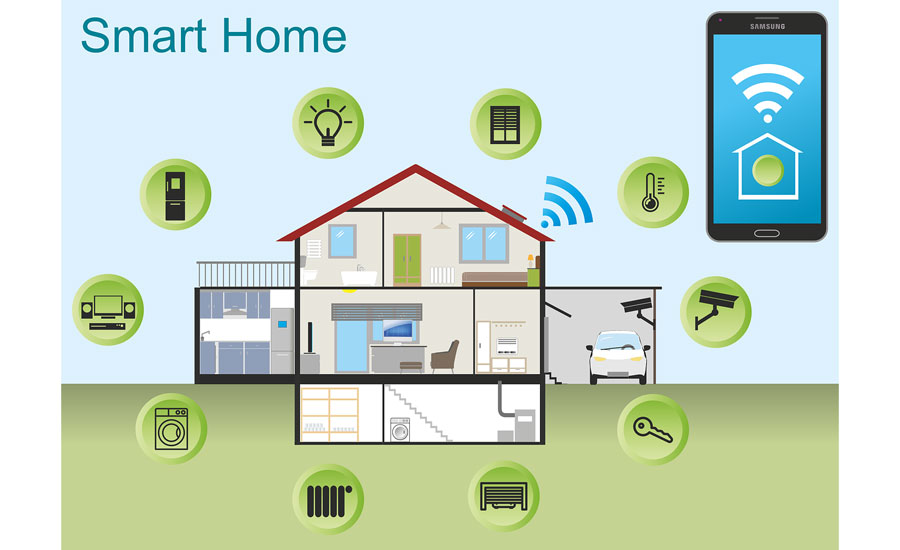When deciding between air source and ground source heatpump, you may find yourself weighing elements like effectiveness, cost, and environmental influence. Each alternative offers distinct advantages, yet which one straightens ideal with your needs and top priorities? As you check out the differences between these 2 kinds of heatpump, you'll uncover crucial insights that can guide you in the direction of making an educated decision that matches your one-of-a-kind situations. Keep tuned for a deeper study the subtleties of air source versus ground resource heat pumps to aid you navigate this crucial option.
Effectiveness and Performance Contrast
When comparing air resource and ground resource heat pumps for efficiency and efficiency, it's vital to think about how each system operates in various conditions. Air source heat pumps remove warm from the outside air, making them much more prone to variations in temperature level. This suggests they may be less reliable in extremely cold environments.
On the other hand, ground resource heat pumps use stable below ground temperatures for heat exchange, supplying more regular performance despite outside climate condition. Ground resource heatpump are typically extra energy-efficient over time due to the steady warmth resource underground. Additionally, ground source heat pumps have a tendency to have a longer life expectancy contrasted to air resource heatpump, which can affect lasting performance and maintenance expenses.
Cost Analysis: Installment and Upkeep
For a detailed contrast between air resource and ground resource heatpump, it's essential to analyze the costs connected with their installment and upkeep. Air source heatpump commonly have reduced upfront installation prices contrasted to ground source heat pumps. The installation of air resource heat pumps involves much less facility excavation and boring, making it a much more affordable option for numerous house owners.
Nonetheless, ground source heatpump are known for their greater effectiveness, which can cause lower long-term power prices, possibly countering the preliminary setup expenses with time.
When it comes to upkeep costs, air source heatpump are generally easier and more economical to maintain contrasted to ground source heat pumps. Ground source heatpump need routine checks on the below ground loop system, which can incur extra upkeep expenditures.
On the other hand, air resource heat pumps usually call for basic filter changes and occasional expert assessments, keeping maintenance expenses reasonably reduced.
Consider Read the Full Post of time installment expenses and long-lasting upkeep costs when choosing in between air resource and ground source heat pumps to establish which alternative lines up best with your spending plan and requirements.
Environmental Effect Evaluation
Examining the environmental effect of air resource and ground source heatpump is important in understanding their sustainability.
Air source heat pumps need electrical energy to run, which can lead to enhanced carbon discharges if the electricity originates from nonrenewable fuel sources. On the other hand, ground source heatpump make use of the secure temperature of the ground to warmth and cool your home, resulting in reduced power consumption and lowered greenhouse gas exhausts.
The installation of both types of heatpump includes some level of environmental influence, such as the use of refrigerants in air resource heat pumps or the excavation needed for ground loops in ground source heat pumps. Nevertheless, Recommended Reading have a longer lifespan and higher effectiveness, making them a much more eco-friendly alternative in the future.
Verdict
When choosing between air resource and ground source heat pumps, consider your environment, budget plan, and environmental goals. https://collinjexsl.myparisblog.com/31704166/economical-heat-pump-repair-maximizing-cost-savings-while-keeping-comfort are more economical in advance, but ground resource heatpump offer higher performance and long-lasting savings. Choose the choice that aligns with your priorities and needs for a comfortable and sustainable home heating solution.
